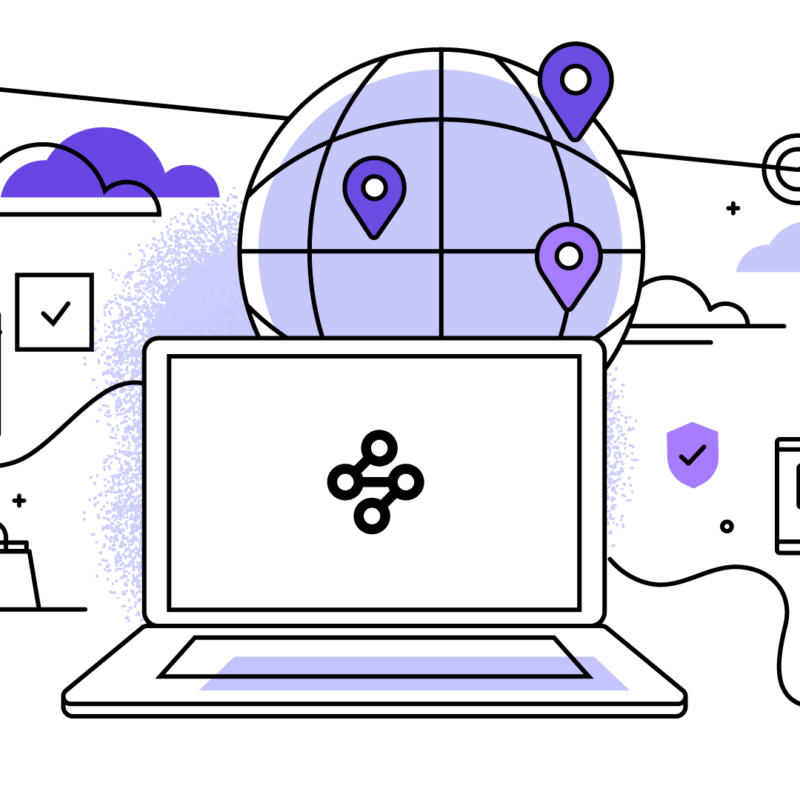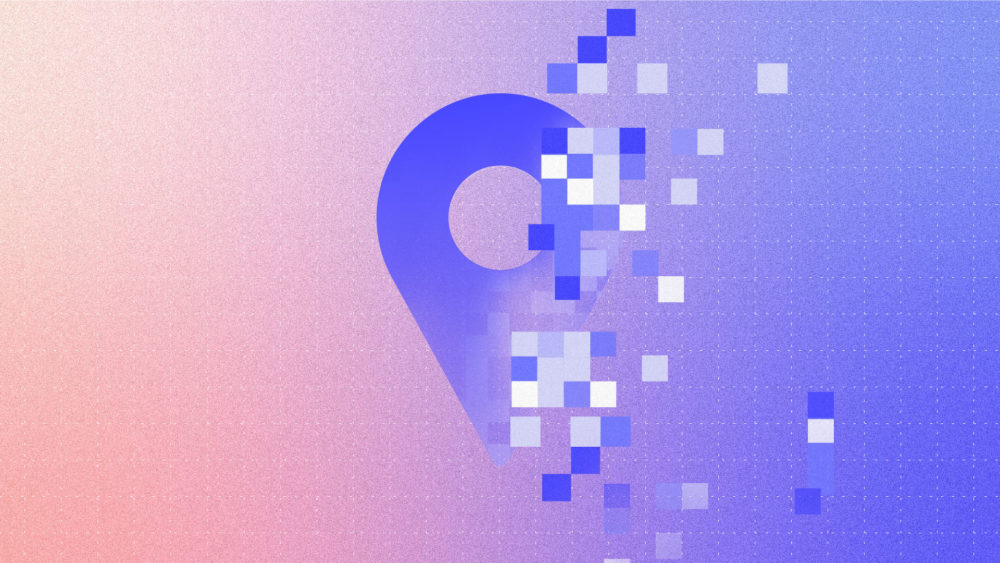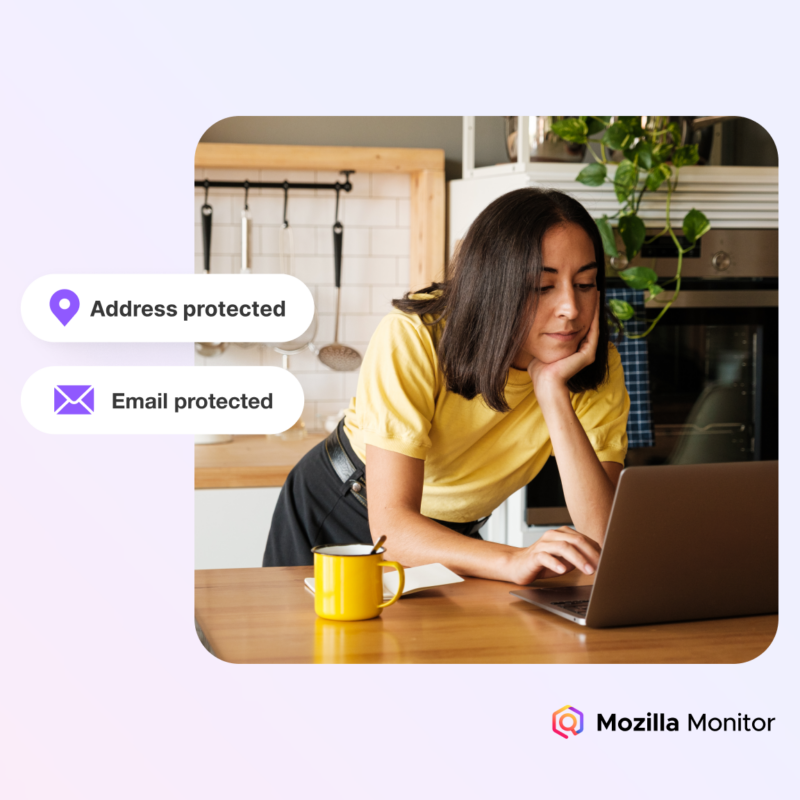In real estate, the age old mantra is “location, location, location,” meaning that location drives value. That’s true even when it comes to data collection in the online world, too — your location history is valuable, authentic information. In all likelihood, you’re leaving a breadcrumb trail of location data every day, but there are a few things you can do to clean that up and keep more of your goings-on to yourself.
What is location history?
When your location is tracked and stored over time, it becomes a body of data called your location history. This is rich personal data that shows when you have been at specific locations, and can include things like frequency and duration of visits and stops along the way. Connecting all of that location history, companies can create a detailed picture and make inferences about who you are, where you live and work, your interests, habits, activities, and even some very private things you might not want to share at all.
How is location data used?
For some apps, location helps them function better, like navigating with a GPS or following a map. Location history can also be useful for retracing your steps to past places, like finding your way back to that tiny shop in Florence where you picked up beautiful stationery two years ago.
On the other hand, marketing companies use location data for marketing and advertising purposes. They can also use location to conduct “geomarketing,” which is targeting you with promotions based on where you are. Near a certain restaurant while you’re out doing errands at midday? You might see an ad for it on your phone just as you’re thinking about lunch.
Location can also be used to grant or deny access to certain content. In some parts of the world, content on the internet is “geo-blocked” or geographically-restricted based on your IP address, which is kind of like a mailing address, associated with your online activity. Geo-blocking can happen due to things like copyright restrictions, limited licensing rights or even government control.
Who can view your location data?
Any app that you grant permission to see your location has access to it. Unless you carefully read each data policy or privacy policy, you won’t know how your location data — or any personal data — collected by your apps is used.
Websites can also detect your general location through your IP address or by asking directly what your location is, and some sites will take it a step further by requesting more specifics like your zip code to show you different site content or search results based on your locale.
How to disable location request prompts
Tired of websites asking for your location? Here’s how to disable those requests:
Firefox: Type “about:preferences#privacy” in the URL bar. Go to Permissions > Location > Settings. Select “Block new requests asking to access your location”. Get more details about location sharing in Firefox.
Safari: Go to Settings > Websites > Location. Select “When visiting other websites: Deny.”
Chrome: Go to Settings > Privacy and security > Site Settings. Then click on Location and select “Don’t allow sites to see your location”
Edge: Go to Settings and more > Settings > Site permissions > Location. Select “Ask before accessing”
Limit, protect and delete your location data
Most devices have the option to turn location tracking off for the entire device or for select apps. Here’s how to view and change your location privacy settings:
- Mac: Go to your Security & Privacy settings > Location Services.
- Windows: Visit Settings > Privacy > Location.
- iPhone and iPads: How to disable location tracking and select which apps have access to your location
- Android: How to disable location on Android devices and how to select which apps have access to your location.
- Google account: How to manage your Google Location History.
How to delete your Google Location History
Ready to delete your Google Location History in one fell swoop? There’s a button for that.
It’s also a good idea to review all of the apps on your devices. Check to see if you’re sharing your location with some that don’t need it all or even all the time. Some of them might be set up just to get your location, and give you little benefit in return while sharing it with a network of third parties. Consider deleting apps that you don’t use or whose service you could just as easily get through a mobile browser where you might have better location protection.




